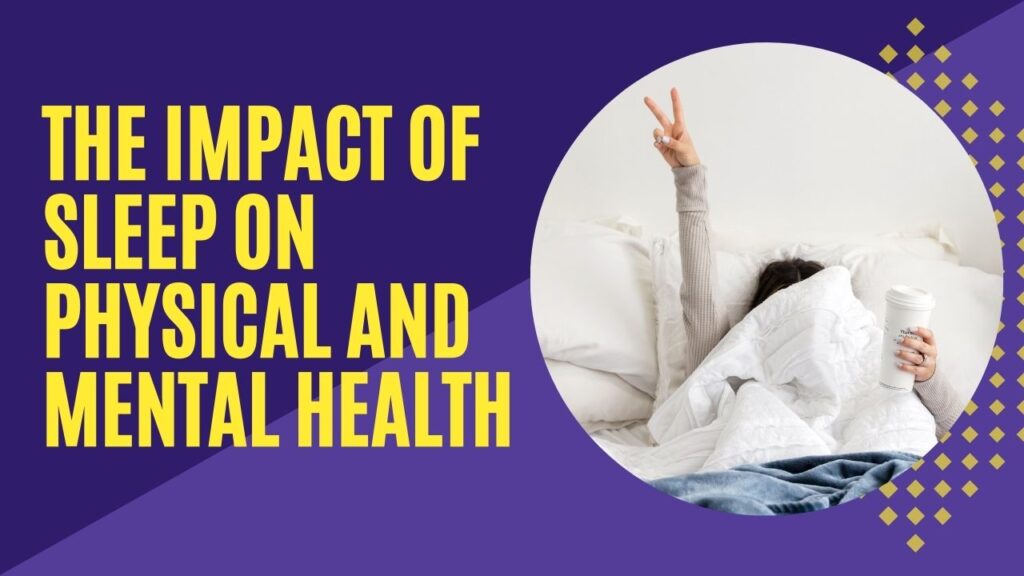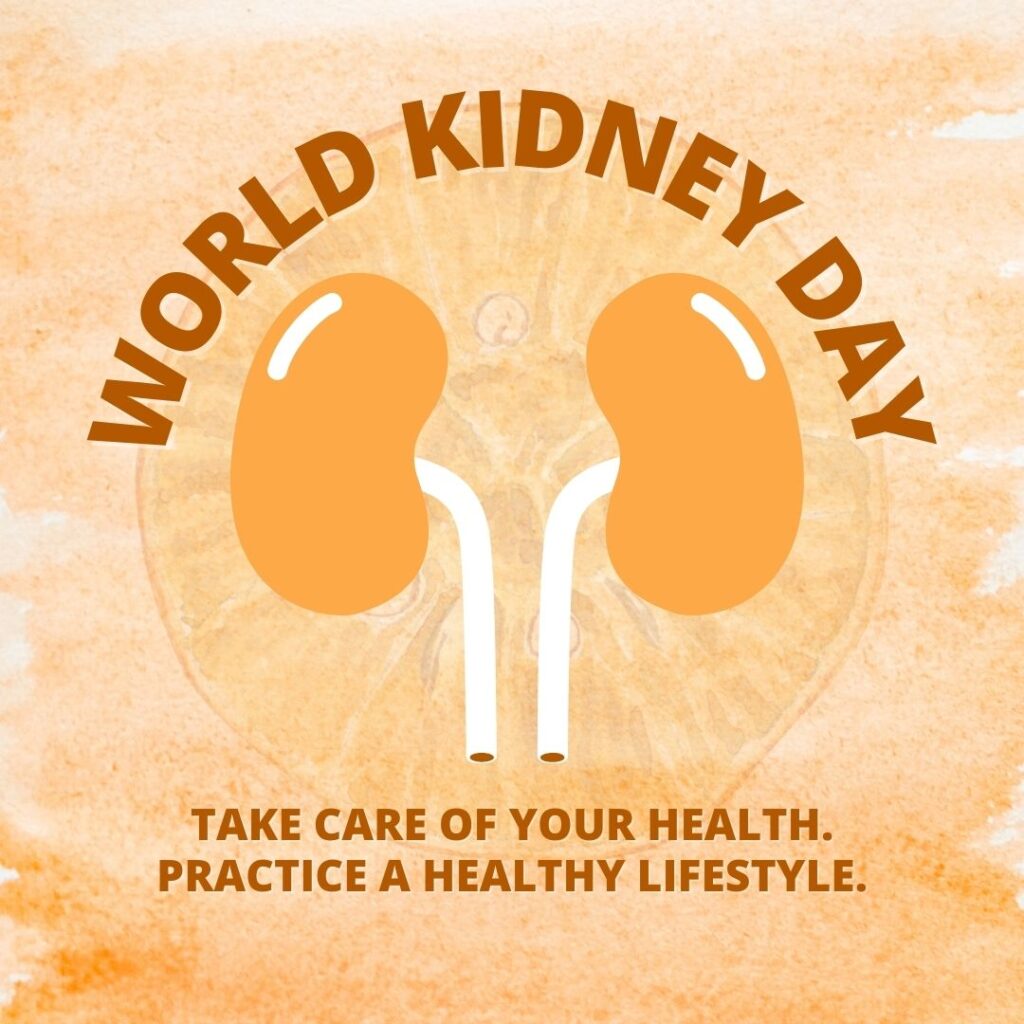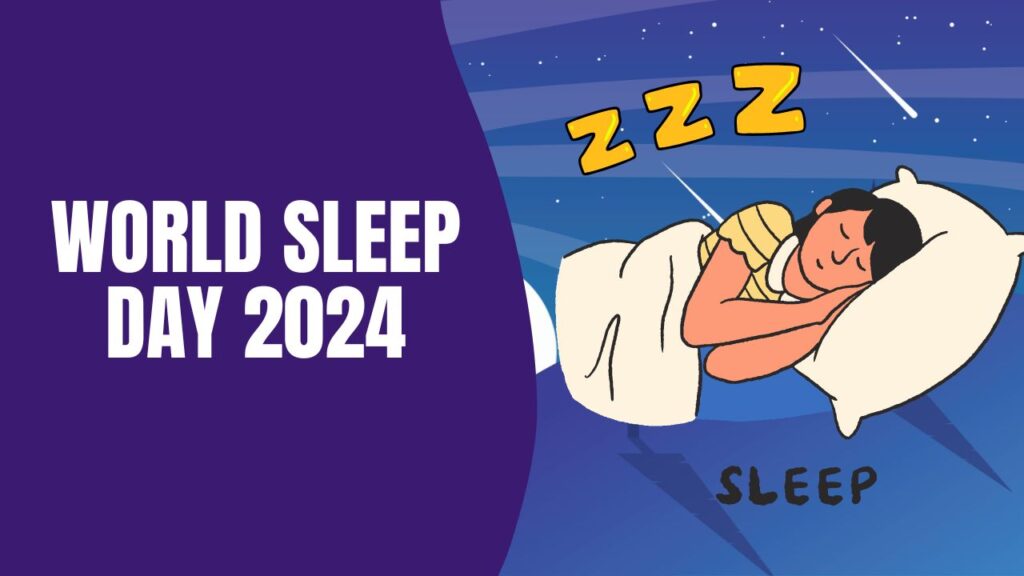It’s a confusing situation. A hard exam. A long, tedious talk. In situations like these, a person may normally feel like having a headache. But unfortunately, some people experience more than just a simple headache. Throbbing in an area of your head may be a sign of a migraines. But what is a migraine, and how is it different from a headache?
Difference Between Headaches and Migraines
A headache is described as pain in the head located above the eyes and the ears, behind the head, or at the back of the upper neck. Migraine, on the other hand, refers to a much more painful headache. References with regards to migraine include the throbbing of one or both areas in the head (bilateral), sensitivity to light (photophobia), sounds (phonophobia), smell, nausea, vomiting, sleep disruption, and even depression.
Having these symptoms may lead to concluding that the person is experiencing migraine without aura, or common migraines. Having a migraine attack like this can make the person feel more tired and weak once the migraine has passed. The person’s hands and feet may feel sweaty and cold, and sometimes there is the presence of a different intolerable odor. This is associated also with pain that interferes or becomes worse as the person goes through their daily activities.
Other people occasionally experience the sight of flashing lights, wavy images, hallucinations, zigzag lines, or double vision, if not temporarily blind. This migraine episode is characterized as migraine with aura. Also called classic migraines, this would begin for about fifteen to thirty minutes before getting the headache itself. (Reference- World Health Organization)
Causes of Migraines
Causes of migraines may include functional changes in the nervous system (Trigeminal), which is a substantial pain pathway in your nervous system. Chemical imbalances in the person’s brain, including serotonin which plays an important role in pain messages going through this specific pathway, is also another cause of migraine. If experiencing a headache, the person’s serotonin level will drop. In line with this, the trigeminal nerve releases a substance called neuropeptides that travel to the brain’s outer covering (meninges). This, in turn, will cause the blood vessels to be inflamed and dilated.
Symptoms and Diagnosis of Migraines
Migraine symptoms vary widely and can affect daily life significantly. Common symptoms include:
- Severe, throbbing pain on one or both sides of the head
- Sensitivity to light, sound, and sometimes smells
- Nausea and vomiting
- Visual disturbances (aura), such as flashing lights or zigzag lines
- Dizziness and fatigue
Diagnosing migraines often involves a thorough medical history and physical examination. Doctors may also recommend imaging tests like MRIs or CT scans to rule out other causes of headaches.
Treatment Options
Because of the heightened intensity of the headache, migraines may not be relieved by simple painkillers such as paracetamol, diclofenac, ibuprofen, codeine, or aspirin. They can temporarily relieve the person of the pain, but they are not strong enough to stop the migraine effectively. Some might experience relief, but these may often lead to immunity to the effects of the drug, resulting in long-term usage. Side effects can also be experienced while taking such medications. Nausea, drowsiness, constipation, and indigestion are some examples of such side effects.
Medications that are taken during a migraine attack, such as Zolmitriptan (Zomig) and Sumatriptan (Imigran), regulate the arteries and serotonin activity in the brain. Even if this ends the migraine itself, these medications are not recommended for long-term use and can cause side effects which include a slow heartbeat, drowsiness, and dry mouth.
Lifestyle and Dietary Changes
Although most people turn to medications for a cure, a healthy diet should do the trick. Think low-carbohydrate, high-fat diets, and diets rich in Vitamin B and Magnesium. Regular exercise, adequate hydration, and a consistent sleep schedule are crucial in managing migraines. Stress management techniques such as yoga, meditation, and deep-breathing exercises can help reduce the frequency and severity of migraine attacks.
Natural Remedies and Preventive Measures
In addition to dietary and lifestyle changes, some natural remedies may help alleviate migraine symptoms:
- Herbal Supplements: Feverfew and butterbur are commonly used to prevent migraines.
- Essential Oils: Lavender and peppermint oils can be used for aromatherapy or topical application to reduce headache pain.
- Acupuncture: This traditional Chinese medicine technique has been shown to provide relief for some migraine sufferers.
- Hydration: Staying well-hydrated can help prevent dehydration-triggered migraines.
Conclusion
Migraines are a debilitating condition that significantly impacts the quality of life. While they can be challenging to manage, understanding the causes, symptoms, and available treatment options can help individuals find relief. Combining medication with lifestyle and dietary changes, natural remedies, and preventive measures can provide a comprehensive approach to managing migraines.
FAQs
1. What triggers a migraine?
Common triggers include stress, certain foods and beverages, hormonal changes, lack of sleep, and environmental factors such as bright lights and strong smells.
2. How long does a migraine last?
A migraine attack can last from a few hours to several days. The duration varies from person to person and can depend on the type and severity of the migraine.
3. Can migraines be cured?
There is no cure for migraines, but they can be managed effectively with a combination of medications, lifestyle changes, and preventive measures.
4. Are there any long-term complications of migraines?
Chronic migraines can lead to complications such as medication overuse headaches, anxiety, depression, and difficulty in performing daily activities.
5. When should I see a doctor for my migraines?
If you experience frequent or severe migraines, migraines that don’t respond to over-the-counter medications, or if your migraine symptoms change, it’s important to seek medical advice.












